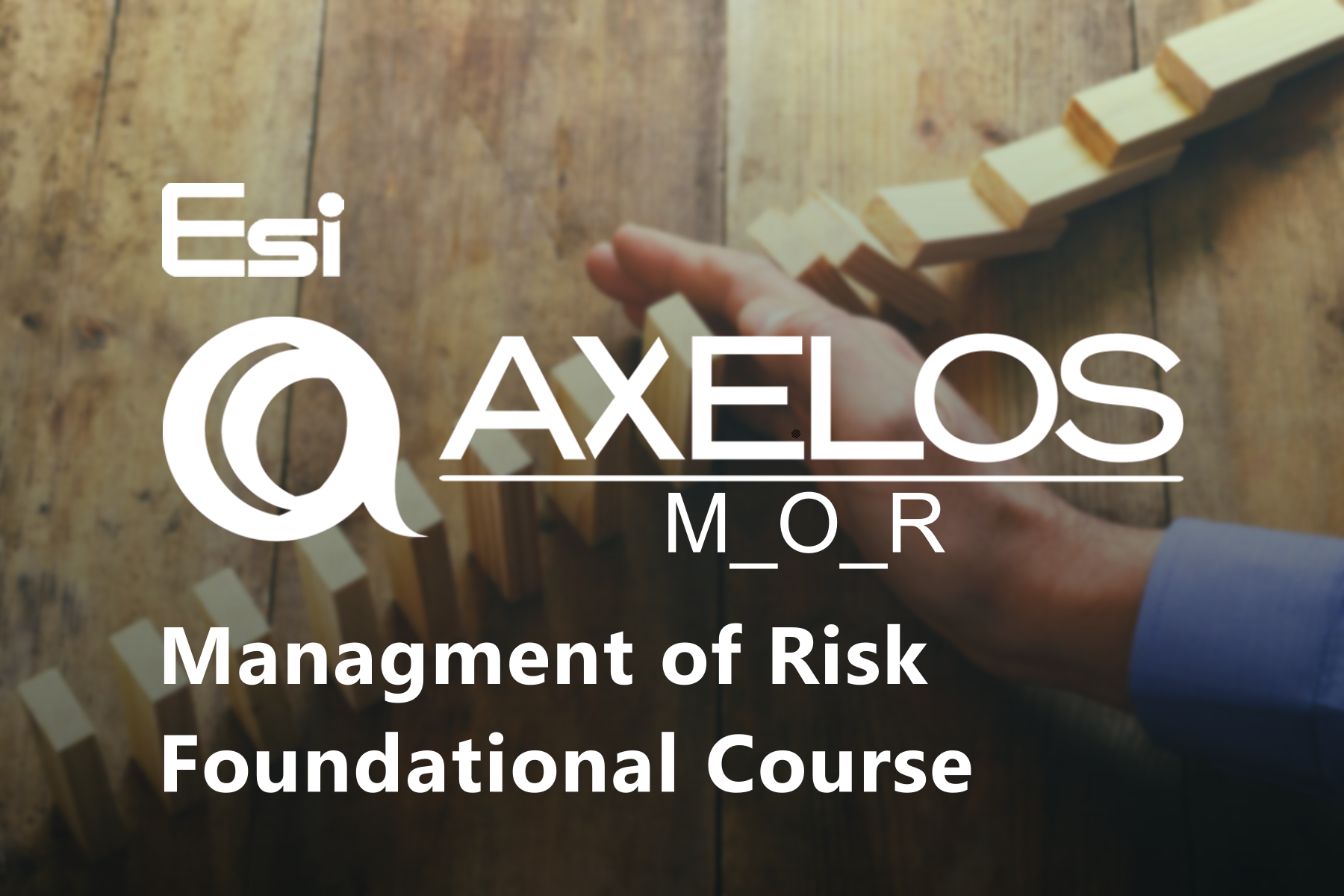Overview
- The modern organization is faced with increasing volatility, uncertainty, complexity, and ambiguity. M_o_R (Management of Risk) helps you and your organization identify, assess, and control risk at the strategic, programme, project, and operational levels.
- The M_o_R guidance shows you how the principles, processes, and techniques can be embedded, reviewed, and applied to your work practices by considering the nature of the objectives at risk. It allows you to make informed, effective decisions about the use of resources and initiating change.
Targeted Audience
MoR® Foundation and Practitioner course is designed for any business professional that makes significant decisions within their workplace on a regular basis. It is also focused on individuals who would like to develop their risk management skills and apply these to their organization.
Benefits
- Have a greater understanding of the advantages of risk management within an organisation, such as:
- Increased certainty and fewer surprises
- Better Service Delivery
- More effective management of change
- More efficient use of resources
- Better management at all levels through improved decision making
- Reduced waste and fraud, and better value for money
- Innovation
- Management of contingent and maintenance activities.
- Better management of unplanned threats and opportunities
- Used as a ‘how to’ guide for risk management
- Improve service delivery
- Reduce waste and fraud, and increase value for money
- Stronger contingency management
Course Requirements
There are no official Pre-Requisites for this course.
Course Outlines and Training Plan
Module :
- Introduction to MoR® concepts, definitions, and framework
- What is risk? What is risk management?
- Understand the method behind the MoR® framework
- Benefits of risk management
- Principles of MoR® and concepts relating to them
- Understand the main mechanisms that support the MoR® Principles
- Introduction to the core management documents used in MoR® and how they are applied
- The risk management process, including the various techniques used to monitor it
- Risk as an iterative process
- How MoR® process identifies, analyses, and controls risk
- Understand how embedding and reviewing works in MoR®
- Understand the need for MoR®
- Introduction to MoR® perspectives and how they are used
- How each role is responsible for risk management
- Risk specialisms






